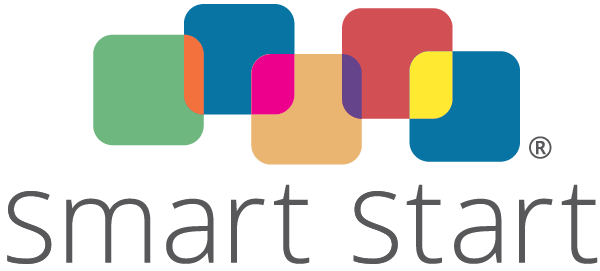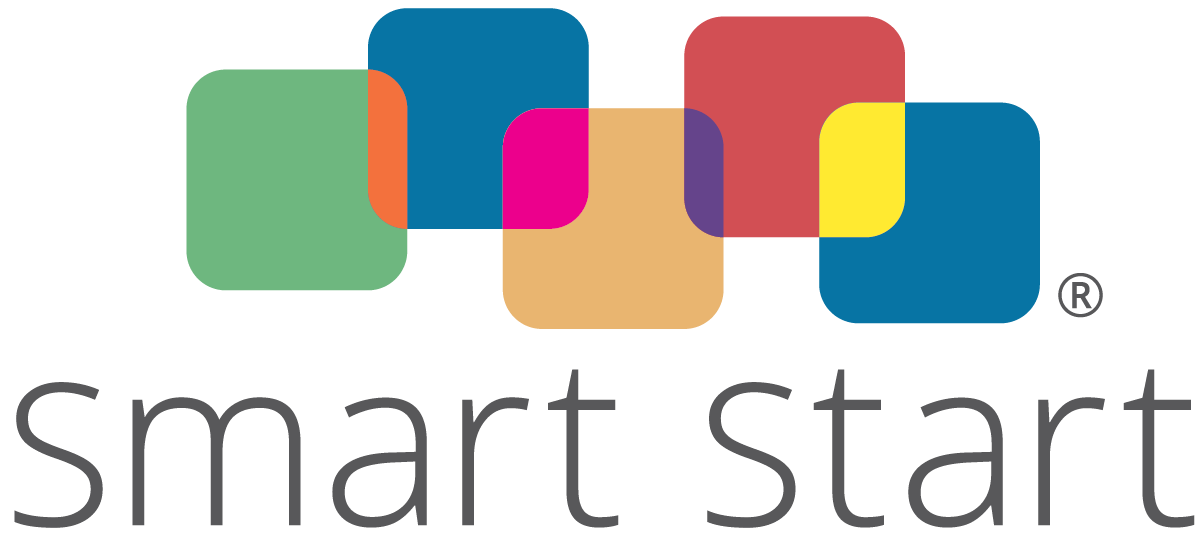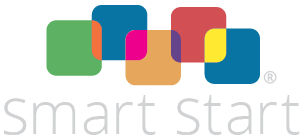State & Federal Opportunities in Home Visiting & Parenting Education Panel
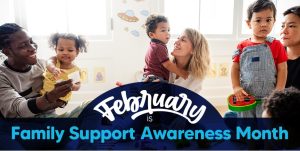 In celebration of Family Support Awareness Month, Smart Start is taking time to recognize the importance of home visiting and parenting education services to early childhood development. Smart Start will feature select sessions from the 2022 Home Visiting & Parenting Education Summit. To learn more about Smart Start’s Home Visiting & Parenting Education work, visit the Home Visiting and Parental Education System Building page.
In celebration of Family Support Awareness Month, Smart Start is taking time to recognize the importance of home visiting and parenting education services to early childhood development. Smart Start will feature select sessions from the 2022 Home Visiting & Parenting Education Summit. To learn more about Smart Start’s Home Visiting & Parenting Education work, visit the Home Visiting and Parental Education System Building page.
“We need more voices from providers to families to show that this is immediate and long-term. …It is an investment that is going to pay off… It is an investment in prevention” – Kaylan Szafranski
The State & Federal Opportunities in Home Visiting & Parenting Education panel focused on current state and federal issues impacting home visiting and parenting education services in North Carolina such as Healthy Opportunities, MIECHV Reauthorization, Family Connects Pilots and increasing access, and Family First Prevention Services.
The panel was moderated by Sharon Hirsch, President & CEO of Prevent Child Abuse NC, and included as panelists:
- Greer Cook, Maternal, Infant and Early Childhood Home Visiting (MIECHV) Program Manager;
- Rebekkah Cook, Professional Development Coordinator for NC MIECHV;
- Deborah Day, Community Prevention Programs Administrator from Families First;
- Kaylan Szafranski, Health Program Director from NC Child, focusing on Medicaid;
- and Mary Scott, The North Carolina Partnership for Children’s Strategic Initiatives Manager, representing Family Connects.
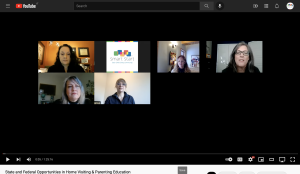 The supports covered in the panel are especially important due to the challenges for children, families, and early care and education professionals that have been exacerbated due to the pandemic. In North Carolina, home visiting and parenting education providers are struggling to retain staff, as funding shifts, low pay, and our current public health crisis have affected staff retention, particularly among nurses who are critical to both home visiting and pandemic care.
The supports covered in the panel are especially important due to the challenges for children, families, and early care and education professionals that have been exacerbated due to the pandemic. In North Carolina, home visiting and parenting education providers are struggling to retain staff, as funding shifts, low pay, and our current public health crisis have affected staff retention, particularly among nurses who are critical to both home visiting and pandemic care.
Other challenges include providing sufficient mental health and lactation support for new parents, provider funding, gaps in coverage for those that need support, and a lack of resources for housing and child care.
Furthermore, federal and state changes offer potential negative and positive changes, particularly for MIECHV and Medicaid. MIECHV’s scheduled reauthorization in September 2022 will influence the program’s implementation, and changes with Medicaid, especially as the pandemic fluctuates, can lead to the reconsideration of eligibility for North Carolina parents. Furthermore, Medicaid is being overhauled and this transformative work can cause capacity issues.
While these challenges exist, the panelists are hopeful that more support can be provided to children and families. Szafranski is hopeful that there will be an increased opportunity to integrate home visiting into the care management system and that parents can begin to realize that home visiting and parenting education support is a preventative service. Similarly, Scott believes we have a tremendous opportunity to learn from Family Connects pilot counties before launching a regional approach.
Other opportunities include uplifting parental voice, bringing family leaders to the table, integrating the various care systems, and connecting to legislators.
You can watch the entire panel discussion for updates on each topic area; opportunities and challenges in leveraging support; the federal, state, and local issues impacting home visiting and parenting education services; and the vision of success each panelist has for their initiative as well as their dream for the future. View the panel here.
Additional resources associated with this panel can be found here below:
- State & Federal Opportunities in Home Visiting & Parenting Education – An introduction to MIECHV, Families First, Medicaid, and Family Connect can be found here.
- MIECHV Reauthorization One-Pager
- Virtual Home Visiting One-Page
